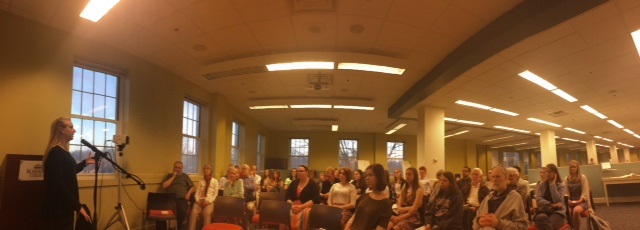 On the 48th anniversary of the Six Day War, please join APN for a briefing call with journalist
and historian Tom Segev, the author of 1967 – Israel, the War, and the Year that Transformed
the Middle East. Segev will talk about his research concerning the war and its aftermath, and will discuss its
lingering impact on Israel, almost half a century later.
On the 48th anniversary of the Six Day War, please join APN for a briefing call with journalist
and historian Tom Segev, the author of 1967 – Israel, the War, and the Year that Transformed
the Middle East. Segev will talk about his research concerning the war and its aftermath, and will discuss its
lingering impact on Israel, almost half a century later.
Tom Segev is an Israeli journalist and historian, the award-winning author of seven books, and a
longtime columnist with Israel’s leading newspaper, Haaretz. His comprehensive study of the circumstances that
preceded the 1967 war and the reality that it had created was praised by reviewers and scholars worldwide.
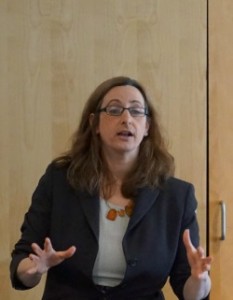 Rabbi Suskin spoke about the prospects for peace following the installation of Israel's new
government, the work of Peace Now in Israel and what the challenges are at this time, and what, as American
Jews, our role can be in helping Israel achieve peace and security with her neighbors.
Rabbi Suskin spoke about the prospects for peace following the installation of Israel's new
government, the work of Peace Now in Israel and what the challenges are at this time, and what, as American
Jews, our role can be in helping Israel achieve peace and security with her neighbors.
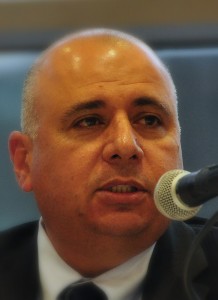 Overcoming the Obstacles to a Two-State Solution
Overcoming the Obstacles to a Two-State Solution
Ori Nir will be speaking at the Osher Lifelong Learning Institute at American University, on Thursday, June 4, 10am
Although the two-state solution to the Israeli-Palestinian conflict is today a matter of consensus worldwide, it seems increasingly difficult to attain. What are the main obstacles for achieving it, and how can they be overcome?
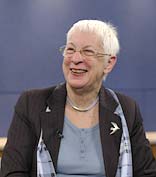
Galia Golan, a co-founder of Israel’s Peace Now movement, is professor of government and chair of the Program on Diplomacy and Conflict Studies at the School of Government, Diplomacy and Strategy at the Interdisciplinary Center in Herzliya, and professor emeritus of the Hebrew University of Jerusalem.
An expert on Israel’s international relations, Golan will comment on Israel’s future relations regionally and globally under Benjamin Netanyahu’s government, which will be sworn in this Wednesday.
To listen to the call click here
To receive a link of the recording, please email Katherine Cunningham at kcunningham@peacenow.org. APN will send you a link to the recording of the call as soon as it is available
Progressive Coalition at the Celebrate Israel Parade
Sunday, May 31, Time TBD
New York City
5th Avenue, between 53rd and 54th Streets
TAKE ACTION! RSVP NOW TO SHOW YOUR SUPPORT
Watch: APN's Lara Friedman at Johns Hopkins - After Israel's Election, Who Makes the Case for Peace?
Watch the video below.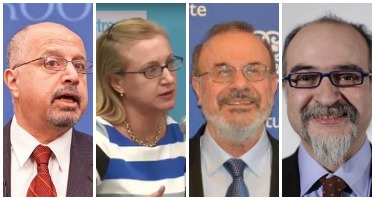
The Middle East Institute (MEI) and the Conflict Management Program at the Johns Hopkins School of Advanced International Studies (SAIS) are pleased to host Lara Friedman (Americans for Peace Now), Ghaith Al-Omari (WINEP), Ilan Peleg (MEI) and Shibley Telhami (Univ. of Maryland) for a discussion about the policy options confronting key players in the peace process following the re-election of Israeli Prime Minister Benjamin Netanyahu.
Is the peace process over, as critics of PM Netanyahu allege? Depending on what kind of a government Netanyahu forms, what are Israel's options for dealing with the Palestinian issue? How might Israel's settlement policies be affected by the formation of a "right-wing" government versus a "national unity" government? Will the Palestinian Authority accelerate its campaign for state recognition in global organizations? And finally, what influence can the Obama Administration exert on the two sides?
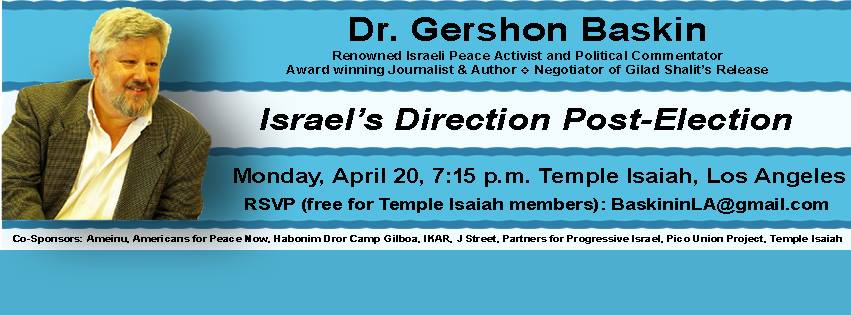
Dr. Baskin, renowned Israeli peace activist and political commentator, award-winning journalist and author, and negotiator of Gilad Shalit's release, visited Los Angeles for this special post Israeli election event.
On April 1, 2015, Lara Friedman (Director of Policy and Government Relations) participated at the "Israel-Palestine Peace Month" event at Roanoke College. After speaking to a class about the lessons of Passover apply to the Israeli-Palestinian conflict, Friedman addressed a gathering of over fifty students, faculty, and community members about settlements, the occupation, and the potential for a new U.S. approach to achieving a two-state solution.


